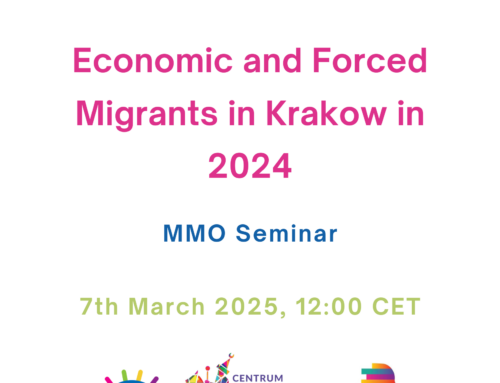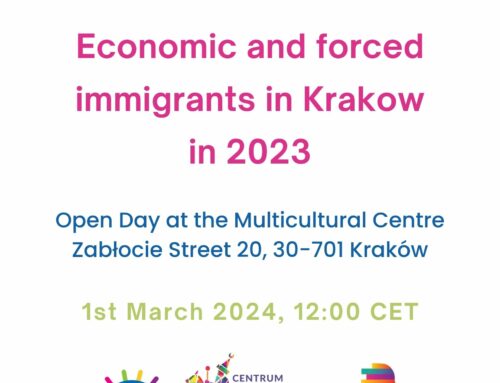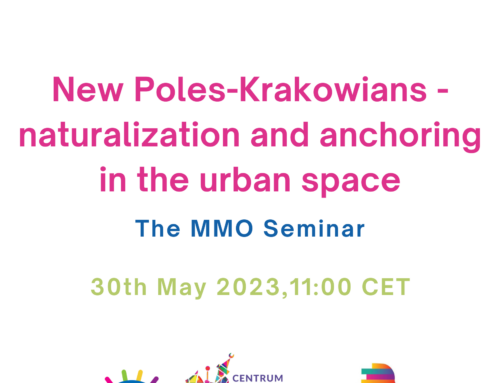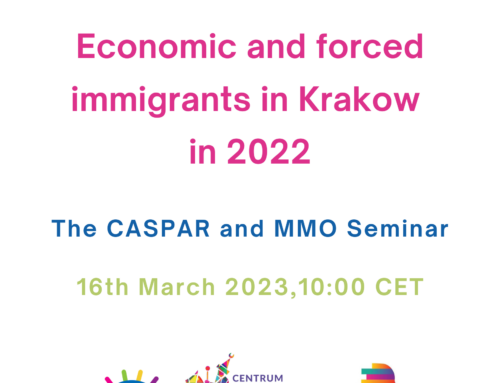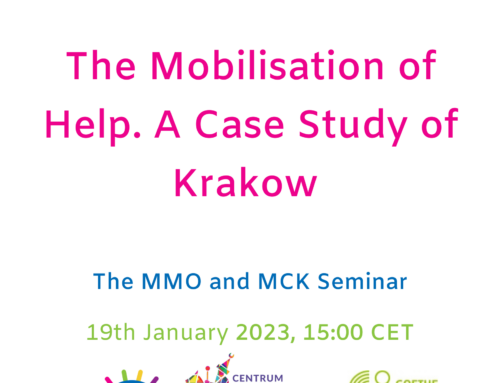We cordially invite you to take part in our next seminar. Our speakers – Karolina Podgórska and Andrzej Jekaterynczuk (IS UMCS) will talk about the Lublin’s experience in managing the humanitarian crisis. The meeting will be moderated by – Konrad Pędziwiatr and Aneta Krzyworzeka.
Lublin plays a special role on the map of aid activities in the humanitarian crisis caused by the war in Ukraine. On the one hand, it is a stop for those who are going further – the first base and the point of looking for logistic solutions. On the other hand – the place of stay for many Ukrainians who decide to stay here because of the existing migration networks or because of the proximity of Ukraine. In this context, the role of the entire voivodeship, especially its border areas, is also important.
We would like to present this Lublin experience in relation to the actors involved in aid activities from various areas and levels: central, local government, non-governmental. A key element of the urban landscape of aid is the Lublin Committee for Aid to Ukraine, which is a platform for cooperation between local government and social organizations. Also at the voivodeship level, the activity of local governments and cooperation with organizations of local communities deserve special attention, including Circle of Rural Housewives or units of the Volunteer Fire Brigade.
The presented results come from research carried out by the MigLab Research Team at the UMCS Institute of Sociology: Migration processes in the local perspective, incl. from the project “Multilevel management of the humanitarian crisis caused by the Russian aggression on Ukraine on the example of actions in the Lubelskie Voivodeship (PL) and Volyn Oblast (AU)” (NAWA Intervention Grants).


